June 28, 2018
New era ahead for corporate real estate strategy, claims CBRE report
 The period to 2040 will bring profound and far-reaching changes to corporate real estate portfolios according to CBRE. The new report Portfolio 2040, claims to approach the issue from a portfolio perspective, examining how business, buildings and perhaps even cities themselves, might look in 20 years’ time. One of the key drivers for change is identified as pervasive availability, and creative use of very high-volume data and the growth of AI, enabling companies to adapt almost instantaneously to external change and offer increasingly personalised solutions. Rapid and fluid specialisation, either temporary or permanent, will characterise most businesses and real estate will need to reflect this by being increasingly flexible, multipurpose and rapidly adaptable.
The period to 2040 will bring profound and far-reaching changes to corporate real estate portfolios according to CBRE. The new report Portfolio 2040, claims to approach the issue from a portfolio perspective, examining how business, buildings and perhaps even cities themselves, might look in 20 years’ time. One of the key drivers for change is identified as pervasive availability, and creative use of very high-volume data and the growth of AI, enabling companies to adapt almost instantaneously to external change and offer increasingly personalised solutions. Rapid and fluid specialisation, either temporary or permanent, will characterise most businesses and real estate will need to reflect this by being increasingly flexible, multipurpose and rapidly adaptable.








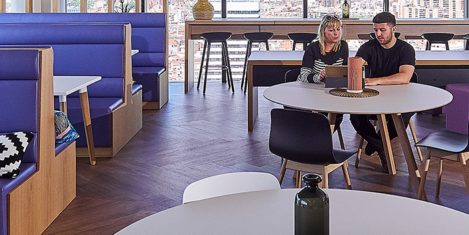
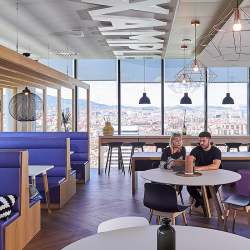









 Almost half (49 percent) of companies are struggling to find skilled workers as digitisation and automation cause significant change in the skills businesses look for in professionals, according to new data from Robert Half UK. As a result, one fifth (21 percent) are now looking to recruit candidates with exceptional soft skills, with a view to developing the desired technical skills on the job. In the Robert Half research, UK business leaders consider an openness to new ideas (28 percent), an openness to change (26 percent) and good communication abilities (19 percent) as key attributes and will prioritise these areas when considering new talent. Digitisation and automation are rapidly evolving the business world. Companies are having to quickly adapt to the changing world of work, and are looking for employees who can keep pace,” says Matt Weston, UK Managing Director at Robert Half.
Almost half (49 percent) of companies are struggling to find skilled workers as digitisation and automation cause significant change in the skills businesses look for in professionals, according to new data from Robert Half UK. As a result, one fifth (21 percent) are now looking to recruit candidates with exceptional soft skills, with a view to developing the desired technical skills on the job. In the Robert Half research, UK business leaders consider an openness to new ideas (28 percent), an openness to change (26 percent) and good communication abilities (19 percent) as key attributes and will prioritise these areas when considering new talent. Digitisation and automation are rapidly evolving the business world. Companies are having to quickly adapt to the changing world of work, and are looking for employees who can keep pace,” says Matt Weston, UK Managing Director at Robert Half.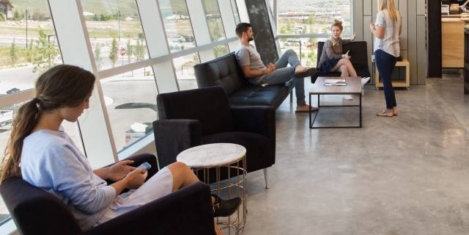
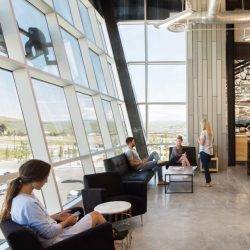




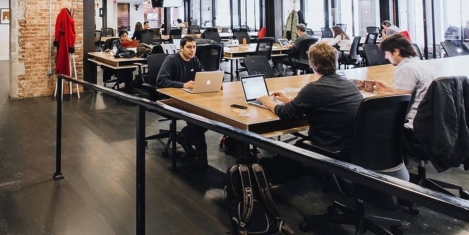
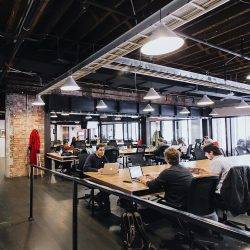









June 28, 2018
Ten demonstrable truths about the workplace you may not know
by Kerstin Sailer • Comment, Facilities management, Features, Workplace design
(more…)